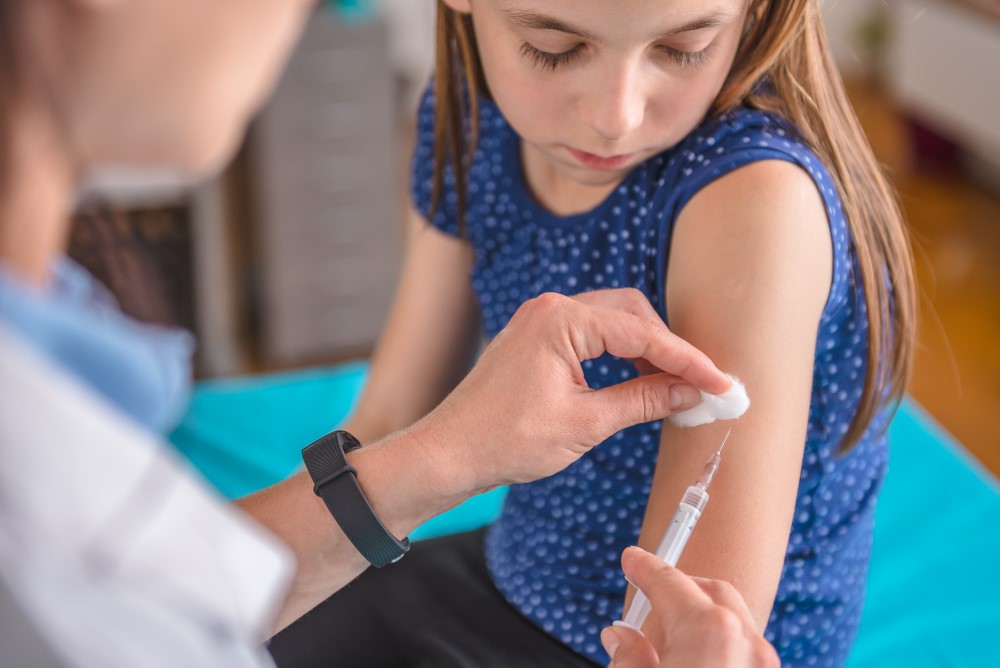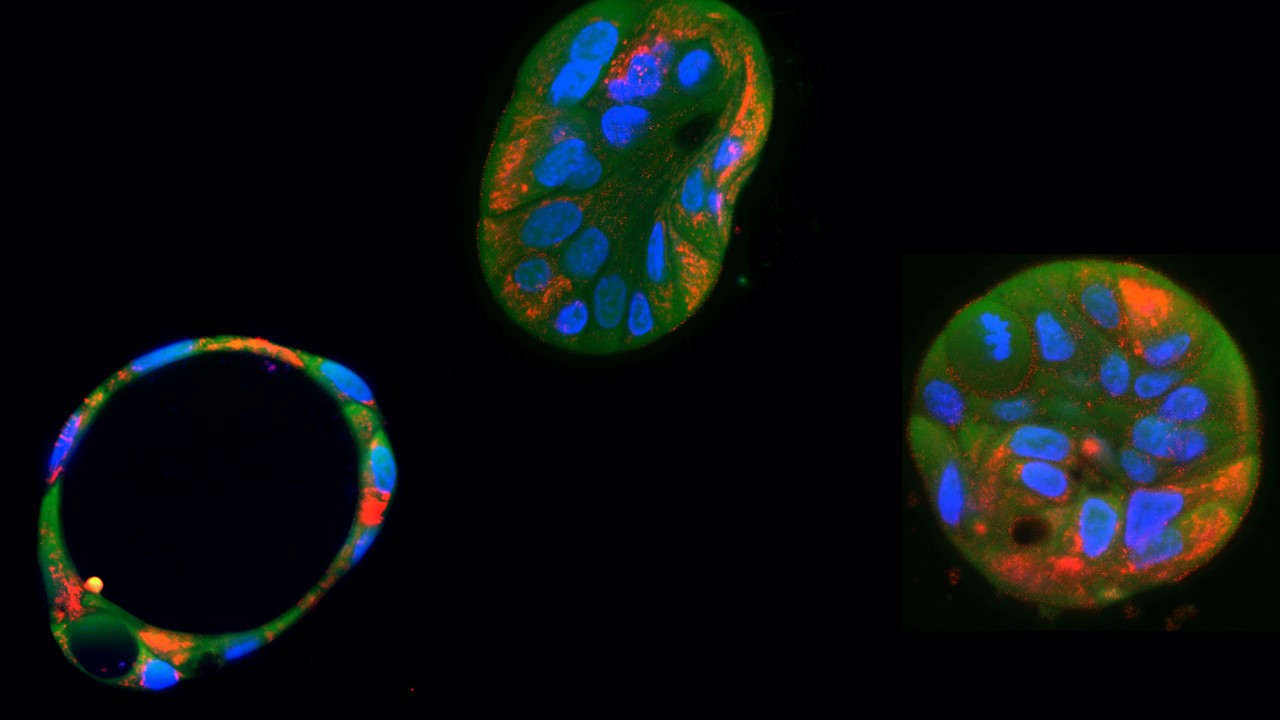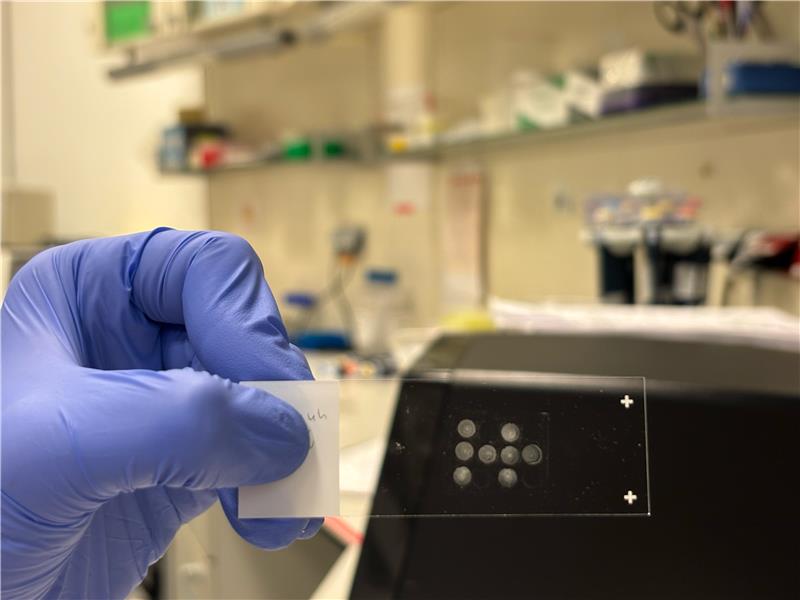Childhood vaccination rates have stagnated since 2010
Between 1980 and 2023, childhood vaccination rates against diphtheria, tetanus, whooping cough, measles, polio and tuberculosis doubled worldwide, according to a study published in The Lancet. However, this increase slowed in many countries between 2010 and 2019; during this period, measles vaccination declined in half of all countries.









